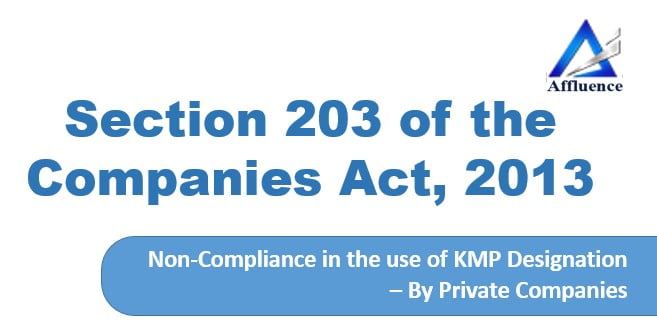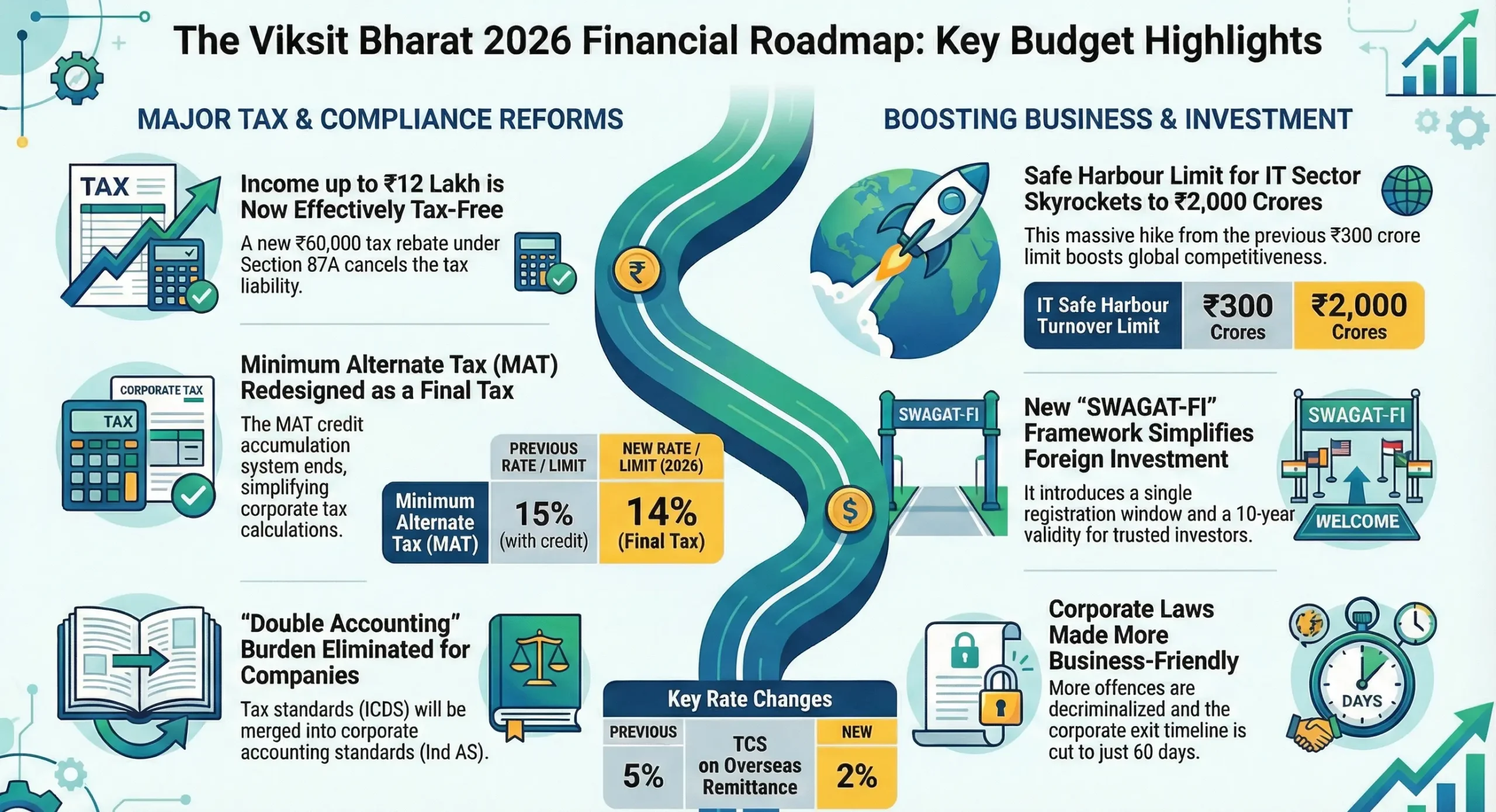The executive management of a company is responsible for the day to day functioning of the company. The Companies Act, 2013 has used the term key managerial personnel to define executive management. The key managerial personnel are the point of first contact between the company and its stakeholders.
According to Section 2(51) “Key Managerial Personnel” (“KMP”), in relation to a company, means:—
- The Chief Executive Officer or the Managing Director or the Manager;
- The Company Secretary;
- The Whole-Time Director;
- The Chief Financial Officer;
- Such other officer, not more than one level below the directors who is in whole-time employment, designated as key managerial personnel by the Board; and
- Such other officer as may be prescribed
Provisions governing appointment of KMP
- Section 203 of the Companies Act, 2013 read with rule 8 of Companies (Appointment and Remuneration of Managerial Personnel) Rules, 2014 provides that the every listed company and every other public company having a paid-up share capital of ten crore rupees or more shall have whole-time key managerial personnel i.e. MD or CEO or Manager and in their absence a WTD, CS and CFO.
- Further, Sections 203 of the Companies Act, 2013 read with rule 8A of Companies (Appointment and Remuneration of Managerial Personnel) Rules, 2014 provides that every private company which has a paid up share capital of ten crore rupees or more shall have a whole-time company secretary.
- Section 196 and 197 read with schedule V of the Companies Act, 2013 provides for conditions for appointment and remuneration of Managing Director, Wholetime director or Manager
APPOINTMENT OF KMP BY PRIVATE LIMITED COMPANIES
The Companies Act, 2013 does not mandate a Private Company to appoint a Managing director, Whole-Time Director or Manager. It also does not prohibit the voluntary appointment of KMPs by Private Companies for efficient management of their businesses.
If appointed then the Company has to file DIR-12 for appointment and change in Designation of Director or KMP, within 30 days of such appointment or change. [(Section 170(2)]
It is observed that most private companies mention the designation of their Directors or Officers as KMPs voluntarily in their official documents. However, they do not comply with the provisions of the Companies Act, 2013.
In the case of M/s. LANDOMUS REALITY PRIVATE LIMITED, the ROC Karnataka imposed penalty on the Company and its Directors who were in default, for violation of Section 170 sub-section (2), wherein the Company had designated one of its Director as CEO without approval of Board of Directors by way of Board Resolution and filling of return in Form DIR-12 for change in designation.
For More Detail Click Here
From the order issued by ROC, the following observations can be derived:
- For a Company including a Private Company to designate its Director or any officer as CEO, or MD or Manager or CS and CFO, the authority lies with the BOARD of the Company who by way of passing the Boards Resolution may appoint or change designation of any Director or KMP and ensure filing of return of such appointment or change in designation in Form DIR-12.
- A Director cannot Sign any official Document of the Company in the capacity of KMP without having complied with the above procedure.
Disclaimer: This article provides general information existing at the time of preparation and we take no responsibility to update it with the subsequent changes in the law. The article is intended as a news update and Affluence Advisory neither assumes nor accepts any responsibility for any loss arising to any person acting or refraining from acting as a result of any material contained in this article. It is recommended that professional advice be taken based on specific facts and circumstances. This article does not substitute the need to refer to the original pronouncement










